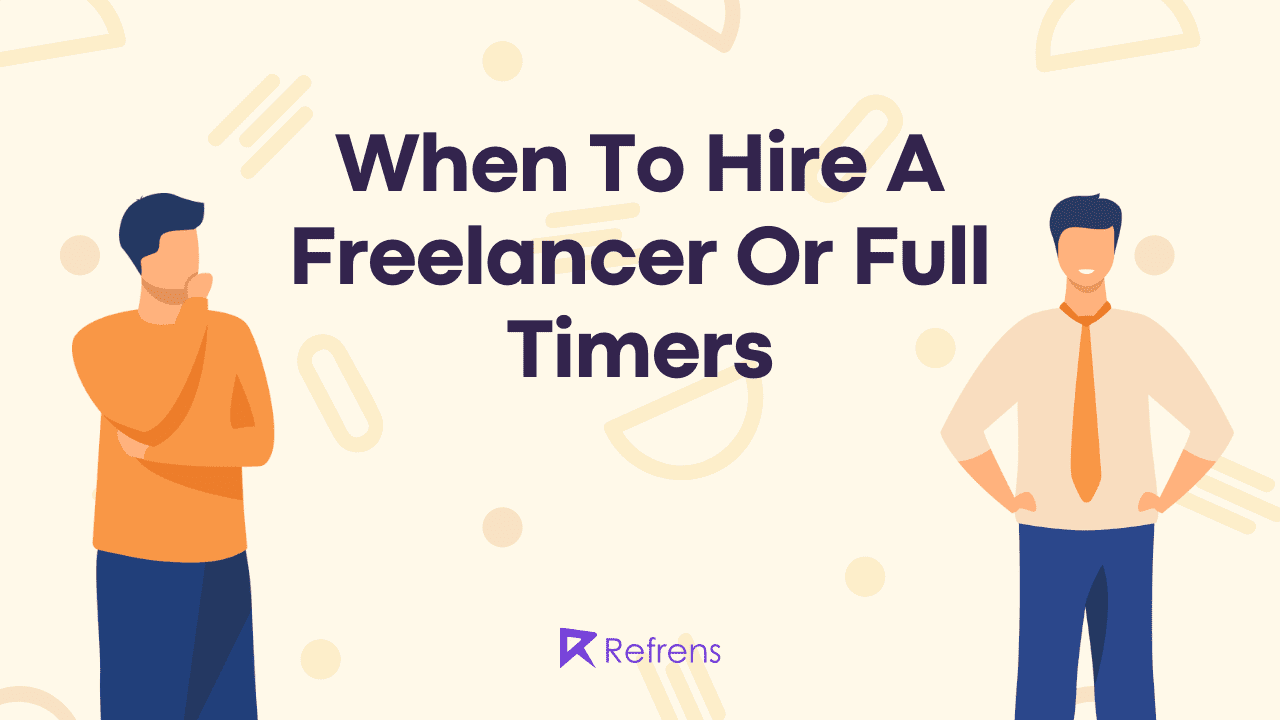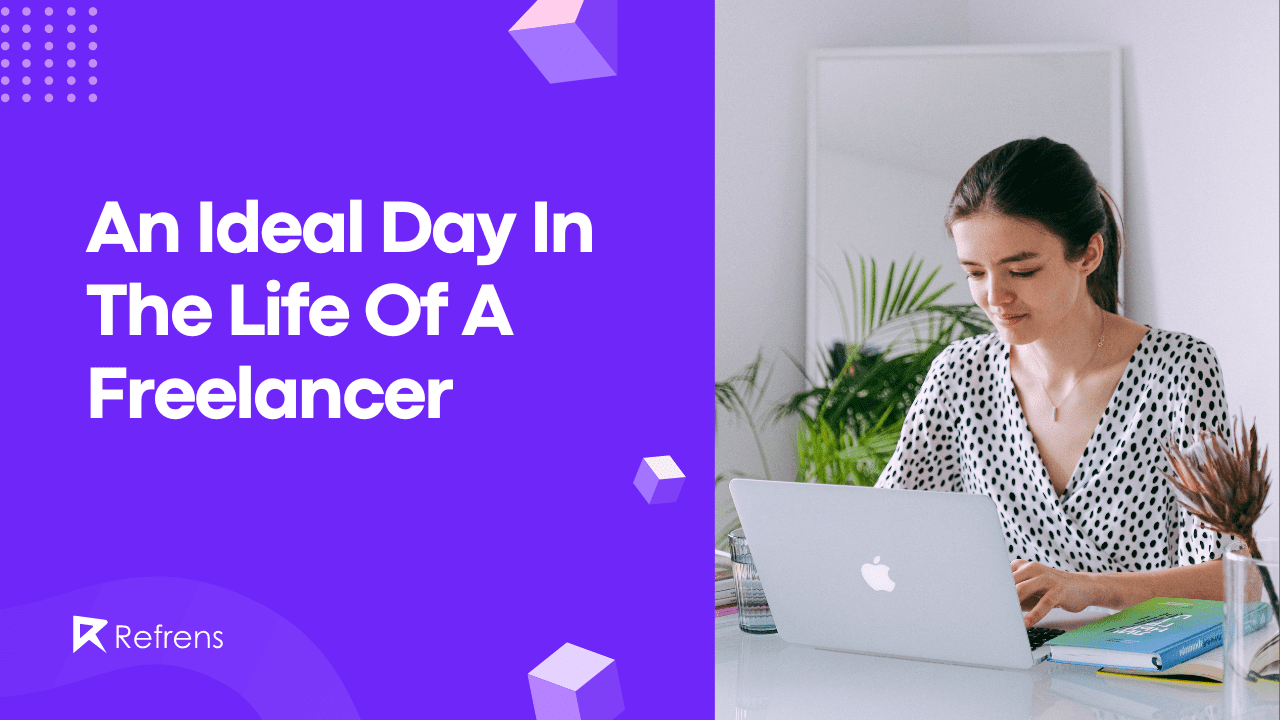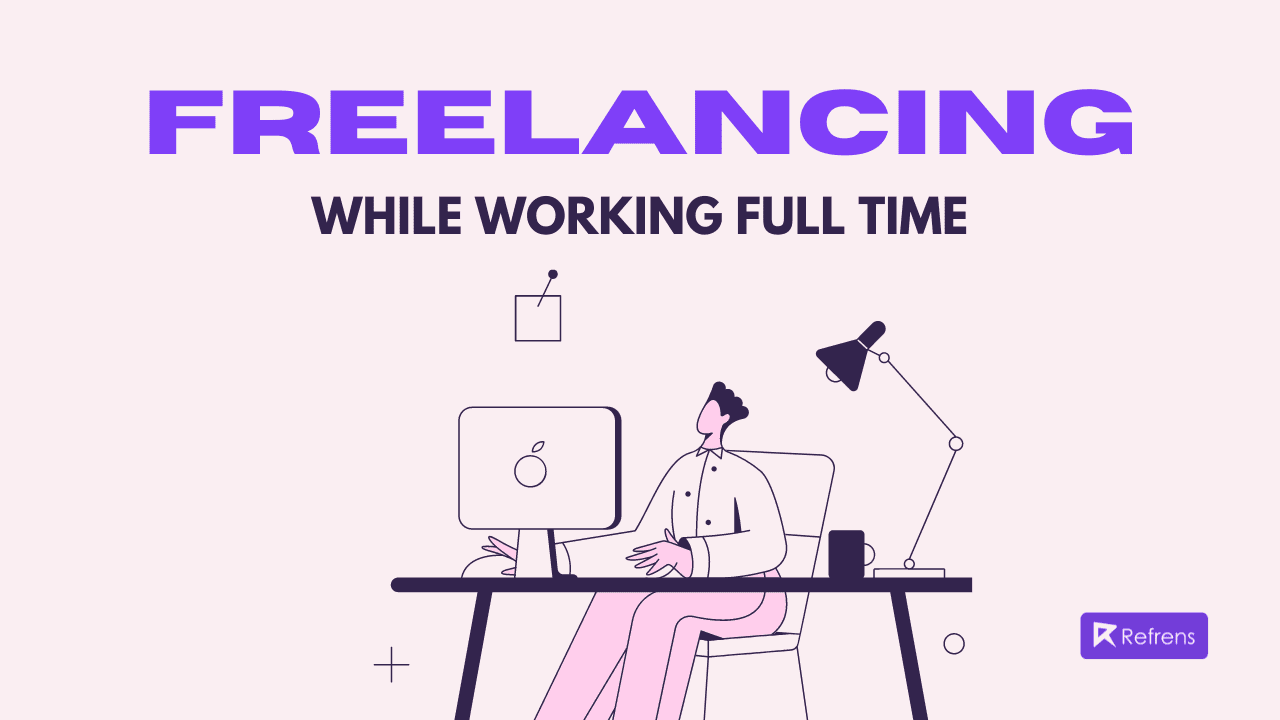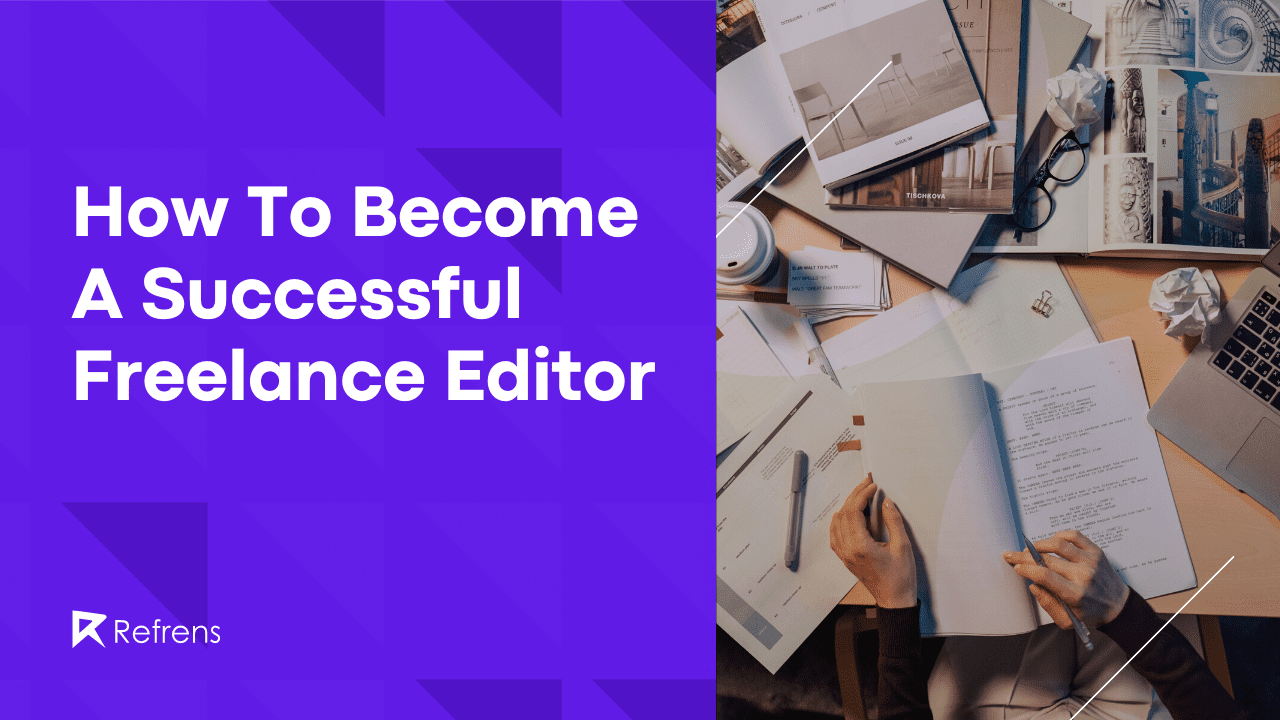A simple girl whose aim was always to be an engineer, Lakshmi found herself always thinking about writing. Following her heart, she chose to become a freelance content writer. She faced struggle in her initial days of freelancing, when there was no one to help her. She considers time as a major advantage and disadvantage for freelancers. She says that with a good portfolio and through social media platforms, you can give a boost to your freelancing career. Believing that her best work is yet to come, she is someone who wants to be there for every new freelancer. May success be always by her side while she lives her life to the fullest.
Read her story for being a freelancer from the scratch:
Introduce yourself to us? Where are you from? About your family, parents? How was your childhood?
I’m from a simple, middle-class family from Chennai. We were all about black and white TVs, monthly expenditure calculations, and roaming around in cycles until I was 18 years old. A decent, middle-class family, I would say.
I was brought up with the single most aim of getting into a top engineering university to secure a high-paying engineering job, which I did.
Post doing engineering, what was the catalyst to switch to “Copywriting” for you? Speak to us about your passion for writing?
I would attribute my passion for writing to my grandfather. He was a famous writer in his time in the agriculture circle. He even secured awards from the government of Tamil Nadu for his books. From my childhood, I always had the interest to read and write and my grandfather kept fueling it with more books and writing projects.
As a student with good grades from the top university in Tamil Nadu, it was natural for me to work as an engineer in a top company. So, I was working as an Instrumentation Engineer with Aditya Birla Group. Throughout the time I was working there, my mind would keep going back to writing. I was already working for a few small companies towards the end of my college days, but I only considered it my hobby.
But that interest in writing was so magnetic to keep me writing blogs almost every single day. That’s when I knew that my passion lies there and it was pointless to work in my current job when my heart was elsewhere.
As a writer, how do you deal with writer’s block?
I feel that some personal incidents and emotions often accompany the most ‘serious’ writer’s block. That’s really a hard phase to cross. If it’s a stagnation of thoughts and ideas to flow easily, then I feel that it’s easier to cross without another emotion burden hovering.
When I was going through a serious block, I tried every hack on the internet like listening to music, taking a break and other such things you can find in blogs. But nothing worked. Then I thought about what would make me happy in my profession. That’s when I came up with four points that worked the best for me. (I even wrote an article about it for The Writing Cooperative.)
- I ditched that client who was bugging me a lot.
- I got some appreciation for my work from friends, social media, etc. It cheers you up like you wouldn’t believe!
- I stopped using social media for some time. It was toxic for my block when I could see other writers coming up with wonderful pieces when I couldn’t!
- I wrote stuff that I wouldn’t normally write regularly, like poems and short stories. I didn’t have the motive of showing it to the world. But getting words on the paper felt so good and got my creative juices flowing.
Why did you choose to freelance? When did you begin to freelance? Were you planning it, or how did it happen?
I was actually freelancing as a writer on and off since 2015. This was when I was in my final year of college. After that, I was working as an Engineer in a remote location and the only option I had to pursue my passion was to freelance.
So when I quit my job, I already had two clients with me. It felt natural to continue from there.
Also, my father is a Chartered Accountant working ‘independently’. I guess that’s where the seed of becoming a freelancer came from!
As a freelancer, how are your services priced? What are the key strategies for you?
I price my work mostly based on the time I spend irrespective of the project or workload.
I calculate the estimated time I need to spend on researching, speaking, gathering, writing, revising and editing the copy. And then compare it with the amount of money I plan to earn in an hour. And I’ll have the prices.
Tell our readers how to approach the first few clients in their initial phase of freelance career?
I want to say LinkedIn. But right now, LinkedIn is filled with so many freelance writers that it would be hard to get heard above the crowd. So, my first advice is to have a sound writing portfolio and then come to LinkedIn and flash it up to get leads to come to you.
To get some good writings for your name, you can either write for free on various websites or use job boards to get the flow going. When you have a good writing portfolio that showcases the expertise and skills, it’s so much easier to land clients.
PS: I’m exploring Twitter right now and I feel it has much more space for freelance writers than LinkedIn.
What is the one major pro and/or con of freelancing, according to you?
For me, both the pros and cons are the time.
As a freelancer, you can decide when you want to work, how much time you want to spend and who you want to work with.
But the freedom that comes with it is difficult to handle. All the 24 hours of 365 days are at our disposal and it’s completely up to us to decide how we want to use it. And this is where the trouble starts!
What is the one thing about clients that you dislike? What can they do to improve your work life?
There is a certain type of clients who hire freelance writers because they don’t have the ‘time’ to write. And they treat business writing as a job that can be done by anyone.
Let’s be honest here. No one hires somebody if they don’t possess the skills. So, respect the person who has the skills instead of going on about how it’s simple work and anyone can do it just to lower the rates or get work done fast.
I hate it when clients think that as a freelancer, they are entitled to ‘demand’ a certain volume of work and ask freelancers to work any time, day or night, weekend or weekdays. Understanding that a freelancer is no lesser than a full-time employee will make all the difference. Respecting the personal time of freelancers and respecting the skills they possess is what I expect. Thankfully, most of the clients I work with respect what I do and that reflects in my approach and the quality of work too.
What’s your best piece of work to date? Why do you think that’s your favourite piece?
I am not a person who is easily satisfied! 😛 Even when the clients tell me that they’re happy with my work, I wouldn’t still be satisfied.
So, my best work is yet to come, if at all, I get satisfied!
What mission and vision do you have? How do you want history to look at you?
After my initial struggles in the freelance journey with no one to help, I want to help freelancers like me. This has been one of my long-term visions and I’m trying to be useful to every new freelancer approaching me to begin with. I’d love to help them with the experience I have over the years, what to do, what not to do and how to be a successful freelancer.
When people look back at me 100 years from now, I would want to be known as someone useful, helpful, successful and most of all had a full life.
Do you feel content with yourself as you look back or do you think you have missed something?
I don’t regret a single thing I’ve done for my career. I learnt the hang of being a freelancer within a few months of my career and I’ve built it up from scratch without the help of a single person. So, I believe that’s what made me what I am today and I wouldn’t change a thing.
Lakshmi can be reached out on Refrens, Twitter and LinkedIn.
For delivering quality work on time, having a good brief is necessary. To know more, read our blog on what an ideal brief should be like.

















